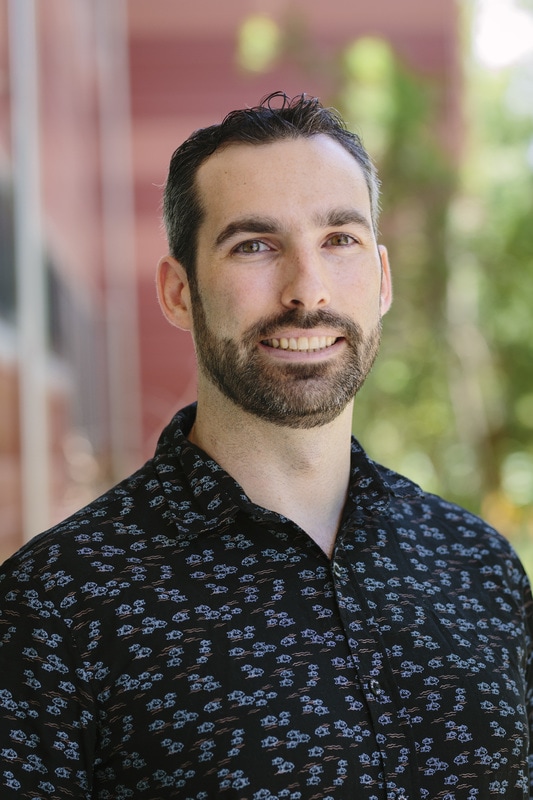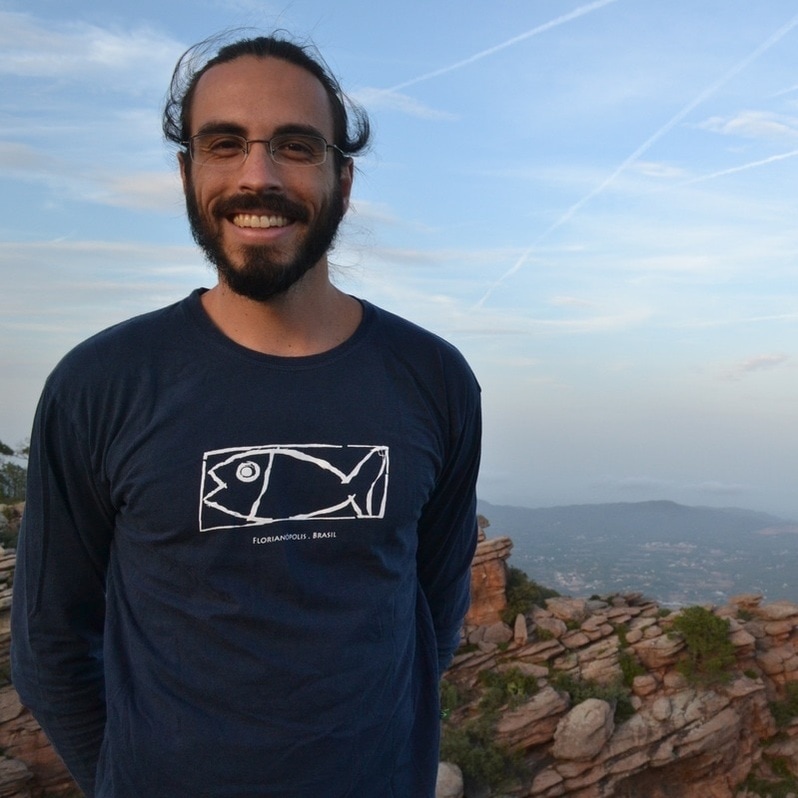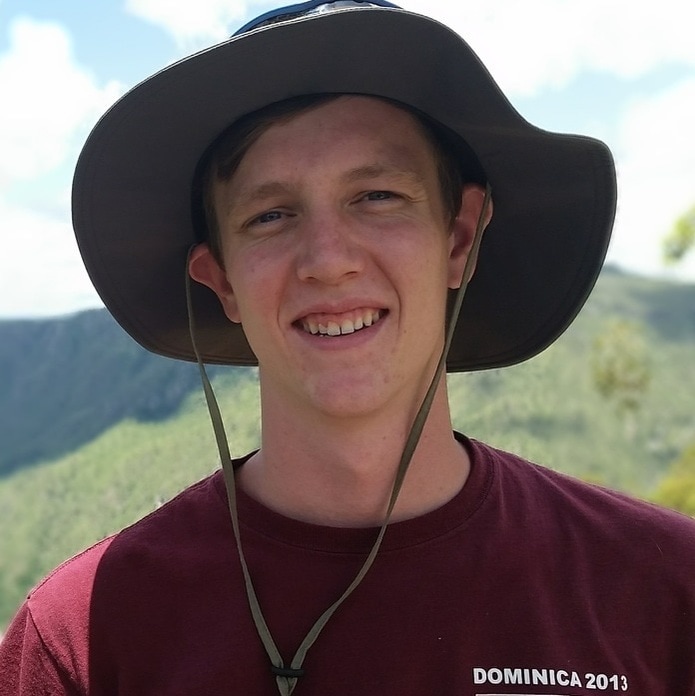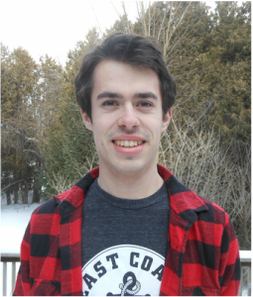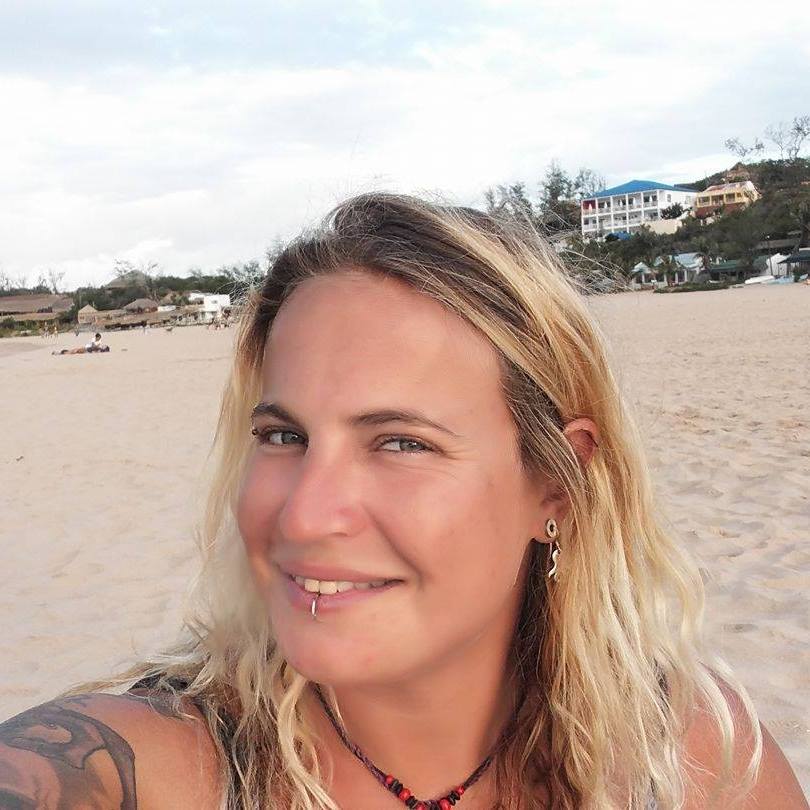Dr Peter F Cowman, Ph.D
ARC Discovery Fellow (DECRA)
Lab group Leader
ARC Discovery Fellow (DECRA)
Lab group Leader
|
Peter is originally from Ireland where he completed a BSc (Hon) degree in Marine Science at the National University of Ireland, Galway (NUIG). He completed his PhD at James Cook University in 2012 on the topic of the evolutionary origins and biogeography of coral reef fishes.
After his PhD, he was a Postdoctoral Fellow in the Macroevolution and Macroecology group at the Australian National University in Canberra, where he investigated the genetic links between molecular evolution, life history and diversification in plants and animals. In 2014, he was awarded the Donnelley Environmental Postdoctoral Fellowship from the Yale Institute for Biospheric Studies (YIBS). At Yale, he worked on the phylogenetic reconstruction of the Fish Tree of Life and using it as a framework to explore rate variation and biogeography across the largest vertebrate group. He joined the ARC Centre of Excellence for Coral Reef Studies in 2016 where he continues to leverage phylogenetic data for fishes and corals to explore their evolutionary history under the Centre Program 2: Ecosystem Dynamics: past, present and future. He is currently an ARC DECRA Fellow and lead the Cowman Lab group in exploring the evolutionary dynamics of coral reef assemblages. |
Alexandre Siqueira
PhD Candidate, Co-Supervised with DR Bellwood
|
Being born in the transition between the Brazilian savannah and the rainforest, Alexandre has always been fascinated with biological diversity. This fascination led him to study Biological Sciences at the Universidade Federal de Minas Gerais, where he developed his interest in aquatic organisms. Although freshwater fishes taught him a lot, he decided to fulfill an old passion for the sea and went to the Universidade Federal de Santa Catarina in search of the salty marine environments. There, he undertook his Masters in Ecology examining evolutionary processes that were underlying the formation of the latitudinal diversity gradient for reef fishes, supervised by Prof. Sergio Floeter. To dive deeper into the evolution of reef environments, he decided to move even farther from home to JCU where he is developing his PhD. Believing that behind biodiversity patterns there is always good stories, he intends to disentangle the complex effects of biological interactions and changing environmental conditions on functional and phylogenetic diversification through time and space in coral reefs.
|
Christopher Hemingston
PhD Candidate, Co-Supervised with DR Bellwood
|
Christopher grew up on the coast of Texas, in the United States. His love for the ocean blossomed at a very young age when he would frequently vacation to the beach during summer months. When Chris was a teenager, he and his family became certified to SCUBA dive. Following this were many trips to various locations around the Caribbean to dive on coral reef ecosystems. It was at this time that he realised he wanted to pursue a career involving the marine environment. He received a Bachelor’s of Science in Wildlife and Fisheries Sciences from Texas A&M University (gig ‘em!) but his love for coral reef ecosystems brought him to James Cook University. Upon completion of his Masters of Science, he decided to further pursue research by embarking on a PhD under the joint supervision of David Bellwood and Peter Cowman. Chris and his advisers aim to investigate questions involving the vast diversity of colouration and patterns present in reef fish taxa. They are looking into both the evolutionary basis and the ecological role that colour and patterns serve on coral reefs.
|
Adam Downie
PhD Candidate, Co-Supervised with J Rummer
|
I am from Canada, where I earned my BSc in marine biology (first class honours) at the University of New Brunswick, Saint John campus where I worked in Dr. Jim Kieffer’s lab investigating the eco-physiology of sturgeon. My honours thesis focused on the physiological responses of juvenile shortnose sturgeon following an acute seawater challenge. After graduation, I continued my work on salinity tolerance (as a research technician for Dr. Kieffer) and studied substrate preference and swimming in juvenile sturgeon. During this time, I mentored an undergraduate and honours thesis student. Outside of the lab, I held a seat on the local Animal Care Committee during my undergraduate degree. I returned to JCU (I studied in Australia through UNB’s Study Abroad Program) to intern in the Rummer Lab, and specifically to work with Sybille Hess’ PhD research, but now I'm commencing my own PhD research where I will look at the development of athletic performance in coral reef fishes.
|
Mila Grinblat
PhD Candidate, Co-Supervised with D Miller
|
Mila was born in Russia and moved to Israel with her family when she was six. Since the sea has always been her passion, she completed a BSc degree in Marine Biotechnology (Magna cum laude) at the Ruppin Academic Centre College, Israel. In 2016 she completed her Msc degree in Zoology focused on ecology and environmental quality under the supervision of prof. Yossi Loya in Tel-Aviv University, Israel. Her research focused on mesophotic reef stony coral reproduction and effects of ocean acidification on coral physiology and fluorescence. In 2017, she decided to move to Australia in order to fulfill her dream and study the corals of the biggest reef in the world, the Great Briar Reef. Currently, she is a PhD candidate at James Cook University under the joint supervision of Prof. David Miller, Dr. Peter Cowman and Dr. Ira Cooke, combined with external supervision by Prof. Yossi Loya (Tel-Aviv University). Her research aims to combine ecological and molecular approaches in order to obtain a bigger view on reproduction, sex change and determination in stony corals and implement molecular approaches in order to assess the speciation of mushroom corals worldwide.
|
